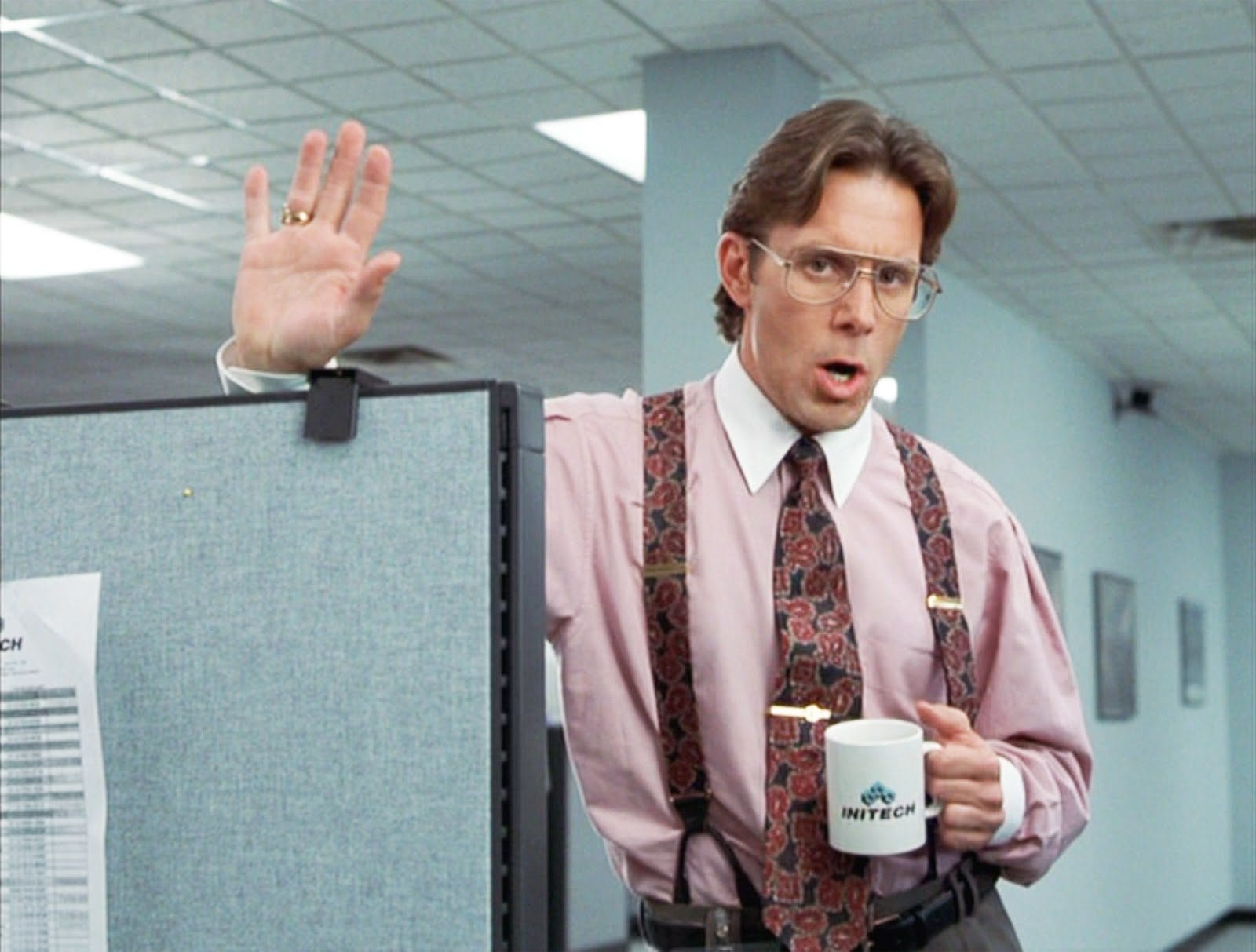
The future (death) of the relationship builder
Matt Lopez
The most common persona we see in more experienced sales professionals is the relationship builder.
According to Matthew Dixon in The Challenger Sale, the relationship builder is “all about building and nurturing strong personal and professional relationships and advocates across the customer organization. They’re very generous with their time and work very hard to ensure that customers’ needs are met. Their primary posture with customers is largely one of accessibility and service…” (20).
The relationship builder has mirrored the caricature of the sales professional we see on television and movies. We’re talking about the sales person who’s out there golfing and wining and dining.
All of these things are great, but unfortunately will not be relevant to the next generation of sales.
Being kind, trustworthy, and friendly are all very important to any job, not exclusively in sales. You can most definitely ask for referrals from people you have shown value to over a period of time, but these will not lead to big dollar contracts today or tomorrow. People want to buy from individuals who make them smarter, and don’t just repeat industry trends or small talk on the space; they want individuals who focus on what is to come and how companies need to constantly adjust to the ever-changing ecosystem.
Here are my predictions year-by-year:
- 2015: We will continue to see a surge in primarily the inside, enterprise sales teams. These sales teams may still travel but won’t have to live on the road. The relationship builder will flock towards legacy industries that haven’t yet adapted this philosophy.
- 2016: The role of the sales professional will continue to shrink. SDRs will be in every industry and account management will continue to grow in terms of respect and importance in the organization.
- 2017: Many pieces of the sales processes will be automated and many pieces of customer interaction will take place within technology. More collaborative technologies will be involved in the sales processes, allowing for transparency on both sides while diminishing the need for many components of the “relationship.”
- 2018: These technologies will become the standard and with them, the death of the sales person reliant on rapport rather than technology and industry expertise. The industry will still need people skills, but the months/years of relationship building will not be necessary in majority of the cases.
The good news is that there is plenty of time to adapt, and today the relationship still influences key components of the sale. I don’t believe you won’t need pieces of these relationships in the future, but the emphasis will disappear as the way the public buys changes.
The world is evolving quickly and the relationship builder, like the rest of us, must adapt to meet the needs of the customer.